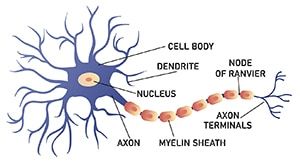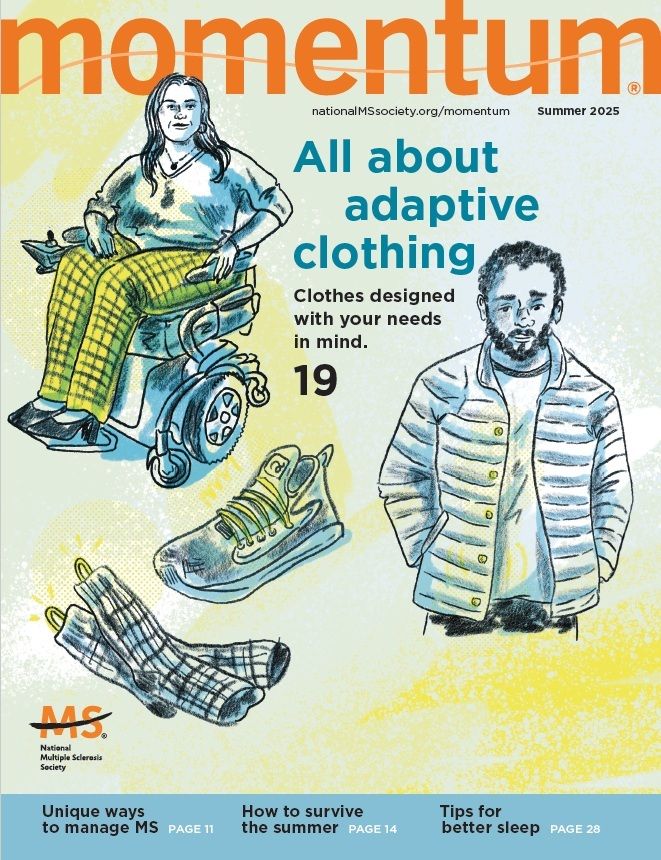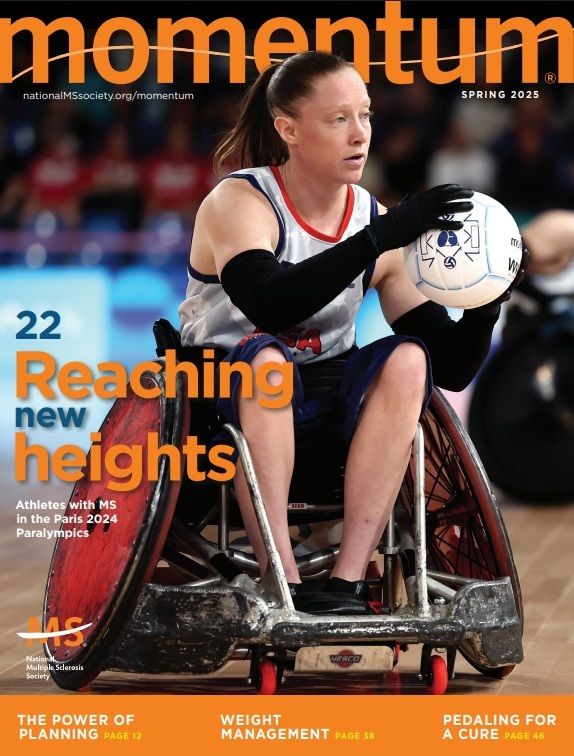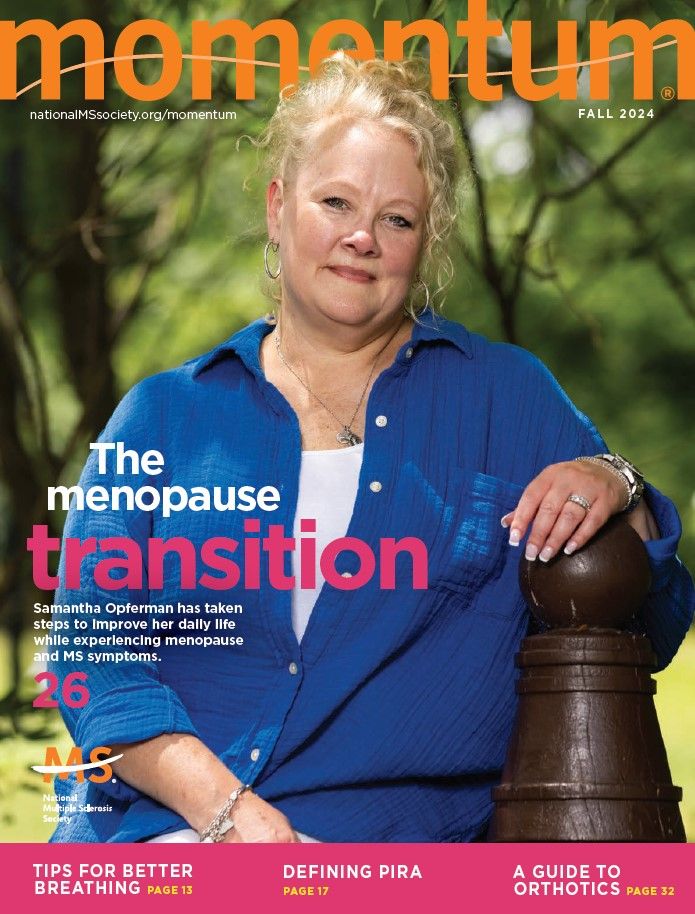Pathways to Cures
New initiative focuses on research to stop, restore and end MS.

Not a Cure. Cures


“We have a reason to think we can identify people at high risk,” Bebo says. He points to similar tests that are either available or undergoing late-stage trials for other related diseases, including Type 1 diabetes and rheumatoid arthritis. Four new biomarkers were identified this year.The “End” pathway is working toward a future where no one ever hears a doctor say, “You have MS.”“The fact we’re even talking about cures indicates the arc of where we are,” Bebo says.His optimism is backed up by a career dedicated to MS research, both academic and private. That background also makes him acutely aware of the elusive nature of this complex disease.Bebo entered the field because his mother was diagnosed with MS in the early 1980s. At the time, he says, “There was absolutely nothing that you could offer,” as far as treatment. As optimistic as he is, he knows there is an urgency to find a cure for people living with MS that the deliberate pace of research struggles to match.But it’s that deliberate nature of Pathways to a Cure that is one of its biggest strengths.“We are, in a way, trying to engineer a cure,” Bebo says. The roadmap provides a clear outline of what research needs to be done and what questions need to be answered to get to the point where researchers have all the missing pieces of the MS puzzle.The Society has received the endorsement of 15 MS patient and professional organizations around the world to date.Bebo says the Society has also been clear to leave room — and funding — for the unexpected.“We’re not so short-sighted as to believe we know everything that there is to do,” Bebo says. “We’re leaving the opportunity for serendipity and happy accidents.”










